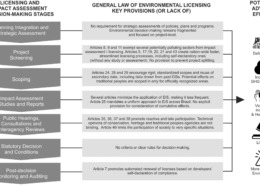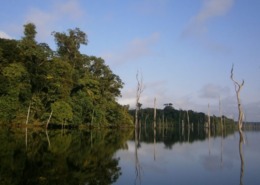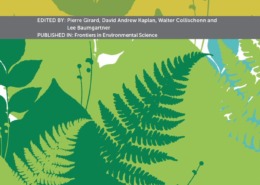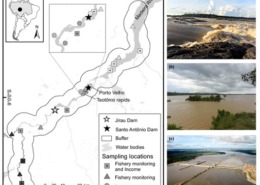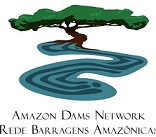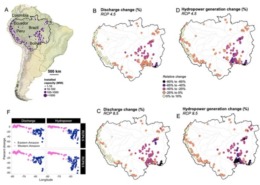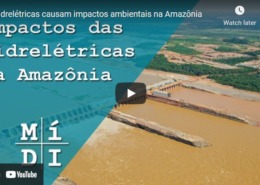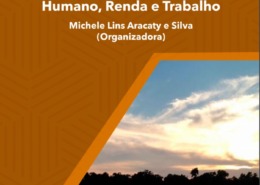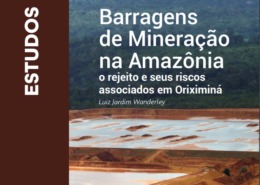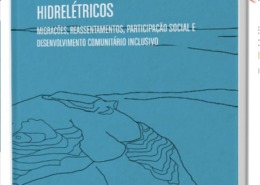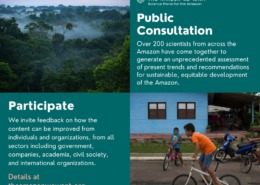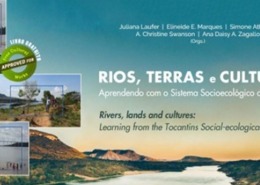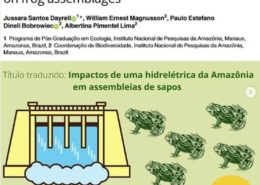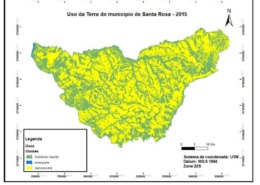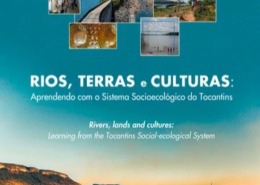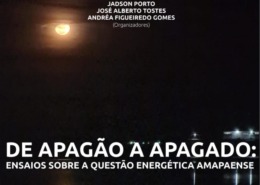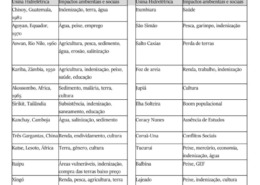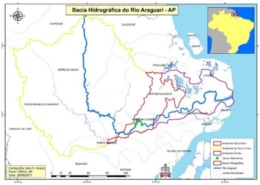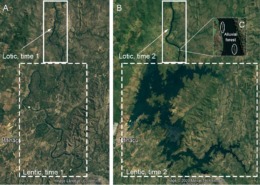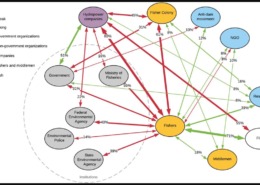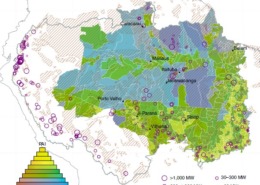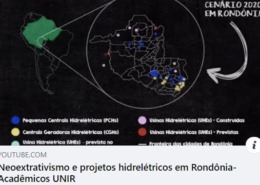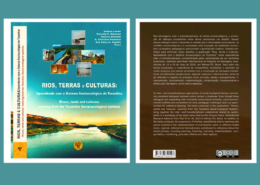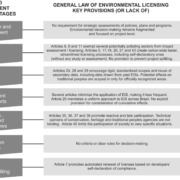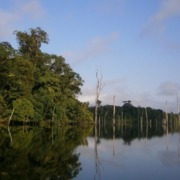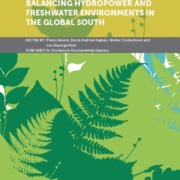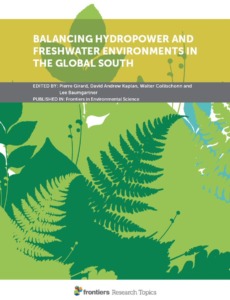New journal article on the far-reaching implications of potentially rolling-back Environmental Licensing and Impact Assessment in Brazil
Simone Athayde and colleagues wrote a recent article on the far-reaching implications of the potential setback in environmental impact assessment and environmental licensing legislation in Brazil. The article was recently published in the Environmental Impact Assessment Review. The article is co-authored by Profs. Alberto Fonseca, Suely Araújo, Amarilis Gallardo, Evandro Moretto, and Luis Sánchez.
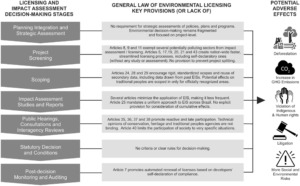
Abstract
In the context of compounding health, environmental, and climatic crises, Brazil may witness two of its most important environmental policy instruments, environmental licensing and impact assessment, be severely weakened. On May 13, 2021, the Chamber of Deputies passed a new General Law of Environmental Licensing, ignoring the concerns of civil society, scientists, and other relevant parties. If approved by the Senate and ratified by President Bolsonaro, this law will further undermine Brazil’s increasingly fragile environmental protection and public participation in decision-making. Here, we review the bill’s main provisions, highlighting potential far-reaching implications for environmental protection and governance, public participation in decision-making, and human rights in Brazil and beyond. Scientists can play an important role in debunking misinformation and advising Senators and the public opinion on the bill’s dangerous effects.
Two Postdoctoral Research Fellow positions at U. of Stirling: develop decision-support tools to forecast, mitigate, and resolve conflicts of hydropower dams
2 postdoctoral positions available at University of Stirling with Dr. Isabel Jones
Full time, Fixed term contract until 31 July 2024 (with the possibility of a short extension)
The closing date for applications is midnight on Tuesday 01 March 2022
Interviews are expected to take place on Monday 21 March 2022
Two Postdoctoral Research Fellow positions are available within a new interdisciplinary project “The Beacon Project: using Biodiversity and Energy justice to resolve Conflicts between UN Sustainable Development Goals” (funded through the UKRI Future Leaders Fellowship programme) in the department of Biological and Environmental Sciences, University of Stirling. The posts will be based in Stirling and post holders will be integral to the £1.2million project, working with key stakeholders and project partners across five continents.
The United Nations Sustainable Development Goals (SDGs) promote global economic and social prosperity while simultaneously seeking to protect the environment. However, our increasing global energy demand challenges whether we can have secure, affordable and equitable energy without adversely affecting people and the environment. Such trade-offs between SDGs – and conflicts between stakeholders with differing sustainable development priorities – is a pressing issue from local to global scales that precludes equitably achieving the 2030 sustainable development targets.
The Beacon Project (Biodiversity Energy justice And CONflict) uses hydropower dam development as a model system: post holders will take a whole-systems approach, integrating biodiversity and the theory of energy justice, to explore conflicts and trade-offs between SDGs and stakeholders at local to global scales. A main goal of The Beacon Project is to generate new decision-support tools to forecast, mitigate and resolve conflicts and other challenges associated with equitable sustainable development processes.
The posts are being advertised as full-time, though discussions surrounding the possibility for part-time working are welcomed. Informal enquires should be sent to Dr Isabel Jones i.l.jones@stir.ac.uk
Role 1
Equity in decision-making: exploring the social-environmental dimensions of SDG trade-offs and conflicts from local to global scales, with a focus on hydropower dams.
Role 2
Indicators of SDG conflict at local to global scales: integrating Earth observation, biodiversity, socio-economic and socio-ecological data, with a focus on hydropower dams.
New e-book: Balancing Hydropower and Freshwater Environments in the Global South
New e-book: Balancing Hydropower and Freshwater Environments in the Global South
Edited by Lee J. Baumgartner, Pierre Girard, David Kaplan and Walter Collischonn
13 articles from 78 authors at https://www.frontiersin.org/research-topics/12249/balancing-hydropower-and-freshwater-environments-in-the-global-south#articles
Until recently, most research on the connections between dams and freshwater ecosystems has focused on the Northern hemisphere; this Frontiers in Environmental Science research topic seeks to address this gap. The articles in the research topic ask several key questions related to the hydrological, ecological, social, and economic values of rivers and dams in the southern hemisphere: What ecosystem services are gained and lost with hydropower development? Over what time frame are impacts realized? Who “wins” and “loses” as these trade-offs are made?

